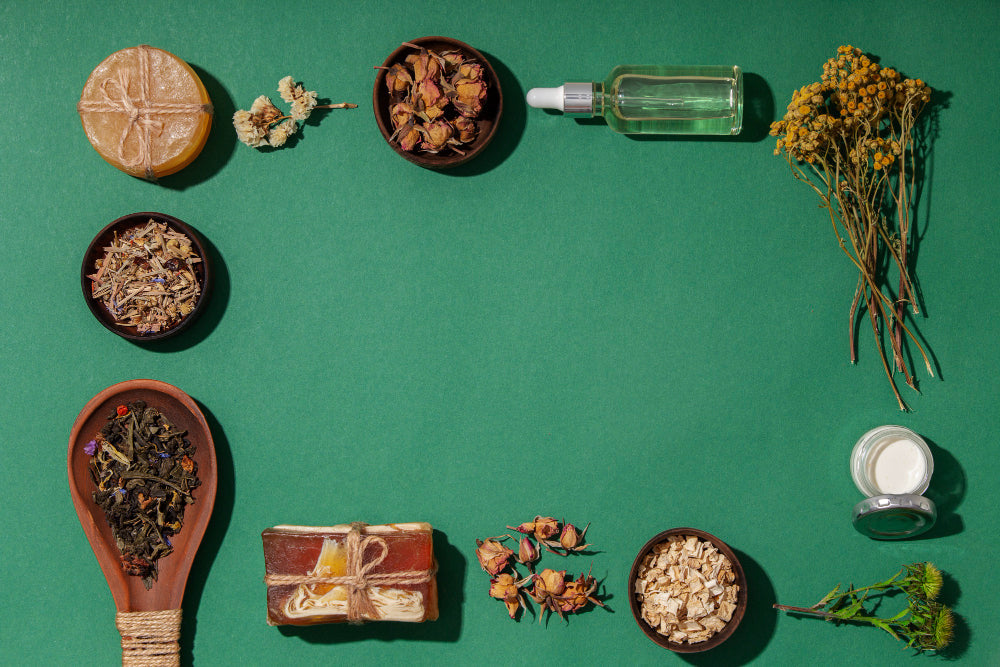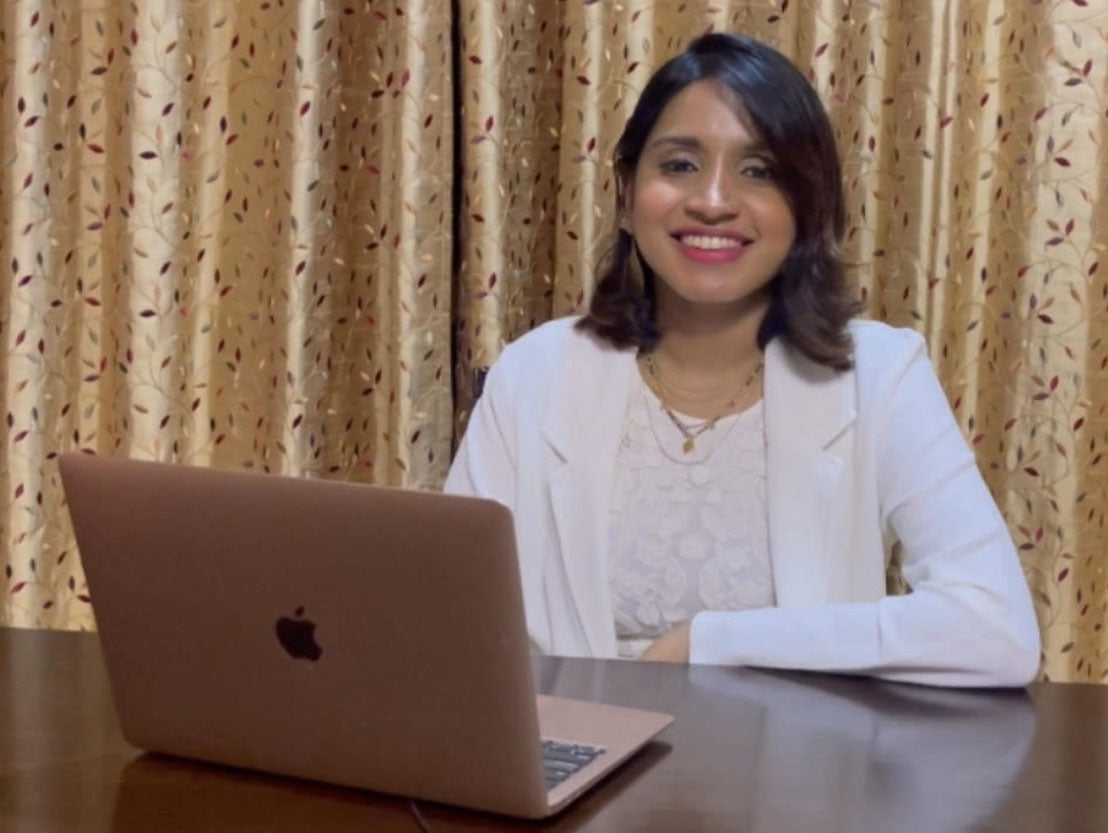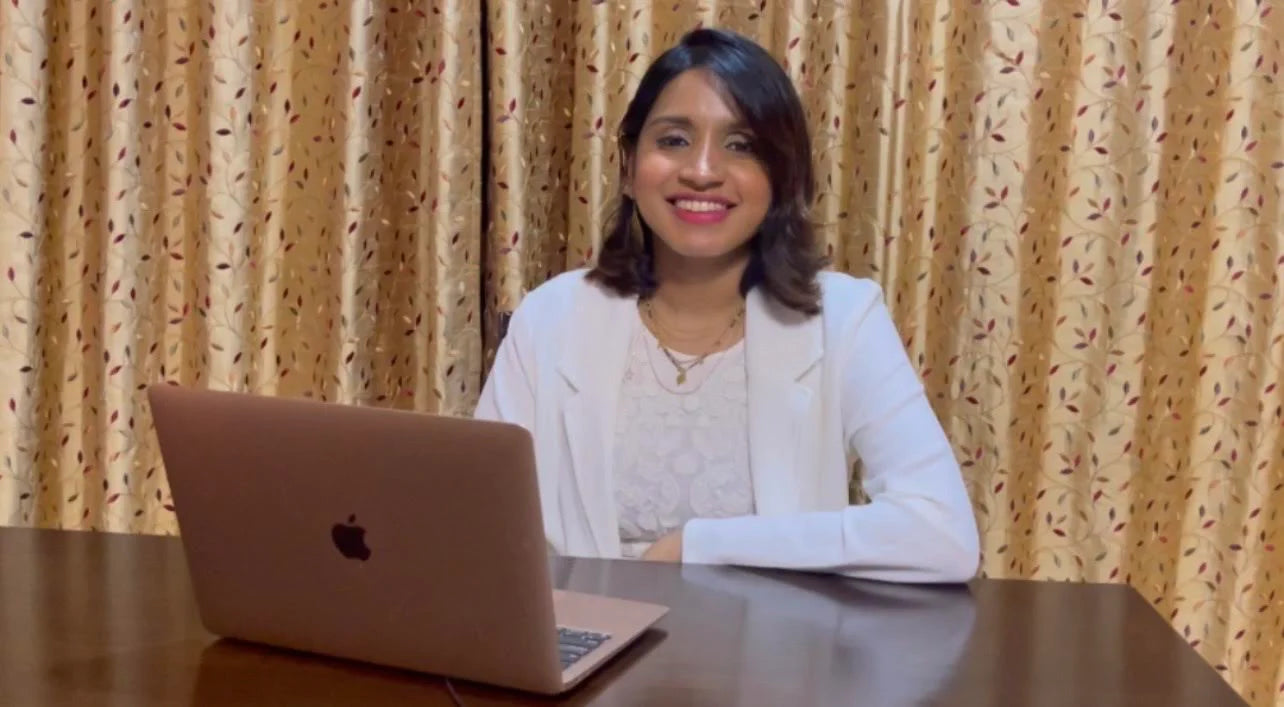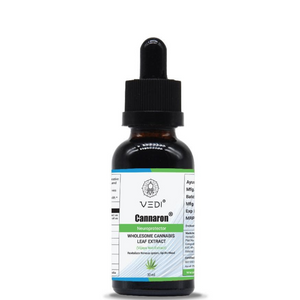Ayurvedic Treatment for Bipolar Disorder

Discover the holistic approach of Ayurvedic medicine for managing bipolar disorder through dosha imbalances, Panchakarma therapies, and lifestyle modifications. Learn more.
Did you know that in India, one out of every 150 individuals suffer from bipolar disorder? This staggering statistic underscores the significant impact of this mental health condition on the Indian population. Despite being treatable, an alarming 70% of those affected go untreated, according to a report.
Bipolar disorder, characterized by extreme mood swings ranging from euphoric highs to debilitating lows, presents a unique set of challenges for those affected and their loved ones.
While conventional treatments such as medication and therapy are commonly utilized, many seek alternative or complementary approaches for managing bipolar disorder. In this blog, we delve into the intricacies of the condition and its treatment options. Considering its holistic approach to healing and well-being, we shall also discuss the options available in India for the Ayurvedic treatment for bipolar disorder.

What is Bipolar Disorder?
At its core, bipolar disorder involves alternating episodes of mania or hypomania and depression.
- During manic episodes, individuals may experience heightened energy levels, euphoria, increased activity, and impulsivity.
- These periods can be exhilarating but often lead to risky behavior, poor decision-making, and difficulty in maintaining relationships or responsibilities.
- Conversely, depressive episodes involve feelings of sadness, hopelessness, lethargy, and loss of interest in previously enjoyed activities.
- Individuals may struggle with low energy, disrupted sleep patterns, changes in appetite, and thoughts of self-harm or suicide.
- The depressive phase of bipolar disorder can be debilitating, affecting every aspect of life and impairing functioning.
The exact cause of bipolar disorder remains unclear, although a combination of genetic, biological, and environmental factors is believed to contribute to its development.
Fortunately, bipolar disorder is treatable, and individuals can lead fulfilling lives with the right support and management strategies in place. Treatment typically involves a combination of medication, psychotherapy, and lifestyle modifications tailored to the individual's needs.
Can you Treat Bipolar Disorder Naturally?
While there may not be a singular "cure" for bipolar disorder, Ayurveda offers a holistic approach to management that focuses on promoting balance and well-being. It may be considered an alternative treatment or natural cure for bipolar disorder.
Why? It offers many alternative natural remedies and treatments for bipolar disorder by addressing the underlying imbalances in the doshas and supporting mental health. Individuals can experience relief from symptoms and improve their overall quality of life.
Bipolar Disorder through The Ayurvedic Lens
As per Ayurveda, Unmada closely resembles bipolar disorder, exhibiting considerable impairment in Ashtavibrama - comprising Manas (mind), Buddhi (intellect), Samjnajnana (perception), Smruti (memory), Bhakti (emotions), Shila (character), Ceshta (conduct), and Acara (behavior).
The primary causative factor behind bipolar disorder in Ayurveda is the imbalance of Vata dosha. Manic episodes often exhibit elements of Pitta dosha, while depression episodes show characteristics of Kapha dosha. However, Vata aggravation is common in all mental health disorders.
Dietary and lifestyle factors that aggravate Vata lead to its increased movement through the purishavaha srota (colon). From here, Vata overflows into the rasa dhatu (plasma tissue) and rakta dhatu (blood tissue). If there are pre-existing weaknesses in tissues or pathways, whether due to genetics or emotional trauma, Vata disturbs these sites.
- In the case of bipolar disorder, aggravated Vata moves from plasma and blood to mano vaha srota (channels of the mind), resulting in fluctuations in emotional states and a loss of awareness of one's situation. Subsequently, Vata relocates into majja dhatu (nervous tissue) and majja vaha srota, leading to biochemical changes in the brain. These disturbances give rise to the myriad signs and symptoms observed in bipolar disorder.

The signs of Vata aggravation include changeability, coldness, dryness, roughness, lightness, and expansion, leading to symptoms such as fear, changing thoughts and feelings, weight loss, tremors, restlessness, and hopelessness.
Ayurvedic Insights into Bipolar Disorder Diagnosis and Assessment
In Ayurveda, the diagnosis and assessment of bipolar disorder involve a thorough understanding of an individual's constitution, assessing mental imbalances through pulse diagnosis, and identifying current imbalances (Vikriti) related to the disorder.
Prakriti analysis
Prakriti refers to an individual's unique constitution, determined by the predominance of doshas - Vata, Pitta, and Kapha - at the time of conception. By analyzing Prakriti, Ayurvedic practitioners can tailor treatment plans specifically suited to an individual's needs, addressing the root causes of bipolar disorder and restoring balance to the mind and body.
Nadi Pariksha
Nadi Pariksha, or pulse diagnosis, is a sophisticated diagnostic technique used in Ayurveda to assess the state of the doshas and identify imbalances in the body and mind. Through Nadi Pariksha, Ayurvedic physicians can detect subtle changes in the pulse, which reflect the functional status of various organs and systems, including the nervous system.
Vikriti
Vikriti refers to the current imbalances or deviations from one's original Prakriti, which contribute to the manifestation of diseases like bipolar disorder. Through detailed clinical examination and patient history, Ayurvedic practitioners identify the specific Vikriti patterns associated with bipolar disorder, such as aggravated Vata dosha affecting the mind and nervous system.
At VEDI, we are committed to providing comprehensive care for mental health issues, offering the expertise of our esteemed Ayurvedic doctors and a range of specialized treatments and medicines tailored to address bipolar disorder.
Ayurvedic Medicines and Treatment Remedies for Bipolar Disorder
While conventional treatments focus on symptom management, Ayurveda offers a holistic approach that addresses the root causes of imbalance in the mind and body. From herbal remedies to lifestyle modifications, Ayurvedic treatment aims to restore harmony and promote mental well-being naturally.
Herbal Remedies and Formulations for Bipolar Disorder
Ayurveda harnesses the healing power of nature through natural remedies and Ayurvedic medicines for bipolar disorder that have calming and balancing properties.
- Medicinal Herbs: Herbs like Brahmi, Ashwagandha, and Jatamansi are natural mood stabilizers and are renowned for their ability to calm the mind and support emotional balance. These herbs act as adaptogens, helping the body adapt to stress and promoting resilience. Other Ayurvedic medicines for bipolar disorder include Shatavari, Turmeric, Licorice, Haritaki, Licorice, Mandukaparni, Ginseng, and Shatavari.
- Ayurvedic Formulations: Ayurvedic formulations are an excellent natural and alternative treatment option for bipolar disorder as they specifically target mental well-being by addressing imbalances in the doshas. These formulations may include herbal mixtures, powders, or tablets and work as natural mood stabilizers designed to promote mental clarity. Examples include Sarasvatarishta, Brahmi Ghrita, and Sarpagandha Vati.

Panchakarma Therapy for Bipolar Disorder
Panchakarma, a comprehensive detoxification and rejuvenation therapy, offers profound benefits for individuals with bipolar disorder. It is one of the most popular alternative and natural treatments for bipolar disorder.
Through therapies like Abhyanga (oil massage), Shirodhara (pouring of medicated oil on the forehead), and Basti (medicated enema), Panchakarma helps remove toxins from the body and restore balance to the doshas. This cleansing process can have a calming effect on the mind and promote emotional stability.
Dietary Guidelines for Bipolar Disorder
Diet plays a crucial role in managing bipolar disorder in Ayurveda. Individuals are advised to follow a balanced diet that includes fresh fruits, vegetables, whole grains, and lean proteins. Avoiding stimulants like caffeine and processed foods is also recommended, as these can aggravate imbalances in the doshas. Additionally, incorporating warm, nourishing foods and spices like turmeric, ginger, and cumin can help pacify Vata and promote mental clarity. Other dietary guidelines include:
- Focus on a Sattvic diet, avoiding cold, raw, leftover, frozen, and processed foods, along with alcohol, coffee, and high-fat items.
- Drink 2-3 liters of warm water daily to detoxify and prevent constipation.
- Engage all senses during meals, creating a sacred eating ritual, and stop when ¾ full.
- Eat in a pleasant, distraction-free environment, chewing thoroughly and savoring each bite to prevent overeating and retrain the brain's relationship with food.
- Avoid emotional eating, indigestion, and eating while the previous meal is still being digested.
Yoga for Bipolar Disorder
Yoga and meditation are integral components of Ayurvedic treatment for bipolar disorder. These practices help calm the mind, reduce stress, and promote emotional balance. Specific yoga asanas (postures) and pranayama (breathing exercises) can help individuals manage mood swings and cultivate greater inner peace.
Some of the yoga poses that help in managing bipolar disorder include Garudasana (Eagle pose), Dandasana (Staff pose), Setu Bandhasana (Bridge Pose), Ardha Pincha Mayurasana (Dolphin Pose), and Paschimottanasana (Seated Forward Bend pose).
Lifestyle Modifications for Bipolar Disorder
In addition to herbal remedies and therapies, lifestyle modifications play a crucial role in managing bipolar disorder naturally. Individuals are encouraged to prioritize adequate sleep, engage in regular exercise, and practice stress-reducing techniques like mindfulness and relaxation exercises.

Creating a supportive environment and fostering healthy relationships are also essential for maintaining mental well-being. Limiting exposure to stressful situations and incorporating enjoyable activities into daily life can further support emotional balance. Here are some lifestyle modifications for bipolar disorder:
- Maintain consistent daily routines, including regular exercise such as yoga, gym workouts, or walking outdoors.
- Spend time in nature and listen to uplifting music for added positivity. Incorporate sun salutations into your daily routine, gradually increasing repetitions.
- Minimize stress by introducing meditation and more yoga into your lifestyle.
- Ensure adequate sleep by aiming to be in bed by 10 pm.
- Focus on cultivating positive thoughts and seeking support from a holistic counselor if needed.
At Vedi Herbals, Ayurvedic treatment and natural remedies offer a comprehensive approach to managing bipolar disorder by addressing not only the symptoms but also the underlying imbalances in the mind and body.
Through the use of Ayurvedic medicines or formulations and natural treatments and remedies for bipolar disorder, such as Panchakarma therapy, dietary guidelines, yoga, and lifestyle modifications, individuals can experience natural relief and promote emotional stability.
The Last Word
While conventional treatments for bipolar disorder are valuable, exploring holistic options like Ayurveda can provide additional support and promote overall well-being.
By embracing Ayurvedic principles and incorporating natural remedies and lifestyle modifications, individuals dealing with bipolar disorder may take an active role in managing their symptoms and enhancing their quality of life.
As we look towards the future, the ongoing research and development in Ayurvedic mental health treatment holds promise for further advancements and innovations in holistic healing.
FAQs
Is there a permanent cure for bipolar disorder?
No, bipolar disorder doesn't have a permanent cure, but it can be managed effectively with treatment and lifestyle changes. One can manage symptoms through holistic approaches like herbal remedies, Panchakarma therapy, and lifestyle modifications.
What is the most successful bipolar treatment?
The most successful bipolar treatment varies by individual, often involving a combination of medication, therapy, and lifestyle adjustments. When it comes to Ayurvedic treatment, the success varies; herbal remedies, Panchakarma, and personalized lifestyle changes are commonly used to manage bipolar disorder.
Can you live with bipolar without medication?
It's possible to manage bipolar disorder without medication for some individuals, but it's essential to work closely with healthcare professionals to develop a comprehensive treatment plan. Ayurveda emphasizes lifestyle modifications and natural remedies to manage bipolar disorder, but individual responses vary, and medication may be necessary for some.
What are the new treatments for bipolar disorder?
New treatments for bipolar disorder include innovative therapies like transcranial magnetic stimulation (TMS), ketamine infusion therapy, and emerging medications with different mechanisms of action. Moreover, Ayurvedic research explores new treatments such as herbal formulations, Panchakarma, and lifestyle interventions, aiming to provide holistic solutions for bipolar disorder management.
References:
- Annu V, Vinod R, Aparna P M, & Jithesh M. (2023). Ayurvedic Protocol in the Management of Bipolar Disorder with Psychotic Features in Young-Adult- Case Report. International Journal of Ayurveda and Pharma Research, 11(6), 76-81. https://doi.org/10.47070/ijapr.v11i6.2842








2 comments
The best explaination
That was an interesting article with useful guidelines. I should really try to incorporate these kinds of lifestyle adjustments for good results.